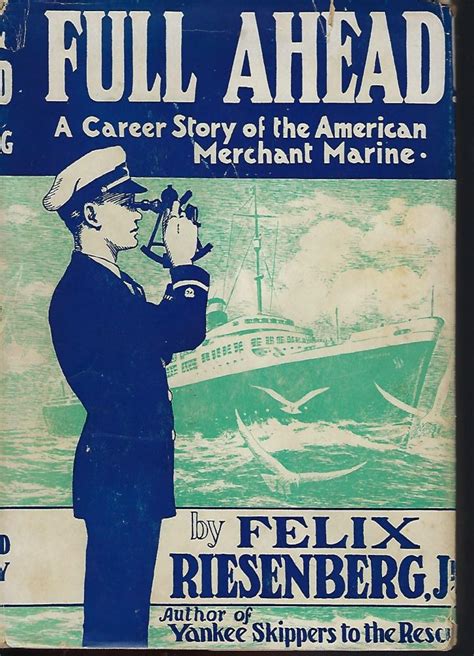A Quote by Herman Melville
However baby man may brag of his science and skill, and however much, in a flattering future, that science and skill may augment; yet for ever and for ever, to the crack of doom, the sea will insult and murder him, and pulverize the stateliest, stiffest frigate he can make; nevertheless, by the continual repetition of these very impressions, man has lost that sense of the full awfulness of the sea which aboriginally belongs to it.
Related Quotes
I have just been through the process of killing a cistudo for the sake of science; but I cannot excuse myself for this murder, and see that such actions are inconsistent with the poetic perception, however they may serve science, and will affect the quality of my observations. I pray that I may walk more innocently and serenely through nature. No reasoning whatever reconciles me to this act. It affects my day injuriously. I have lost some self-respect. I have a murderer's experience to a degree.
You will find men like him in all of the world's religions. They know that we represent reason and science, and, however confident they may be in their beliefs, they fear that we will overthrow their gods. Not necessarily through any deliberate act, but in a subtler fashion. Science can destroy a religion by ignoring it as well as by disproving its tenets. No one ever demonstrated, so far as I am aware, the nonexistance of Zeus or Thor, but they have few followers now.
Yet in the blood of man there is a tide, an old sea-current, rather, that is somehow akin to the twilight, which brings him rumours of beauty from however far away, as drift-wood is found at sea from islands not yet discovered; and this spring-tide or current that visits the blood of man comes from the fabulous quarter of his lineage, from the legendary, of old; it takes him out to the woodlands, out to the hills; he listens to ancient song.
And in between the two, in between the sky and the sea, were all the winds. And there were all the nights and all the moons. To be a castaway is to be a point perpetually at the centre of a circle. However much things may appear to change-the sea may shift from whisper to rage, the sky might go from fresh blue to blinding white to darkest black-the geometry never changes. Your gaze is always a radius. The circumference is ever great. In fact, the circles multiply. To be a castaway is to be caught in a harrowing ballet of circles.
Every man, however hopeless his pretensions may appear, has some project by which he hopes to rise to reputation; some art by which he imagines that the attention of the world will be attracted; some quality, good or bad, which discriminates him from the common herd of mortals, and by which others may be persuaded to love, or compelled to fear him.
I think men of science as well as other men need to learn from Christ, and I think Christians whose minds are scientific are bound to study science that their view of the glory of God may be as extensive as their being is capable. But I think that the results which each man arrives at in his attempts to harmonize his science with his Christianity ought not to be regarded as having any significance except to the man himself, and to him only for a time, and should not receive the stamp of a society.
We who have seen him now, light on his feet, smooth moving as a leopard, a young man with an old man's science, the most beautiful fighting machine I have ever seen, may live to see him fat, slow, old, and bald taking a beating from a younger man. But I would like to hazard a prediction that whoever beats Joe Louis in an honest fight in the next fifteen years will have to get up the floor to do it.
The idea that the bumps or depressions on a man's head indicate the presence or absence of certain moral characteristics in his mental equipment is one of the absurdities developed from studies in this field that has long since been discarded by science. The ideas of the phrenologist Gall, however ridiculous they may now seem in the light of a century's progress, were nevertheless destined to become metamorphosed into the modern principles of cerebral localization.






































